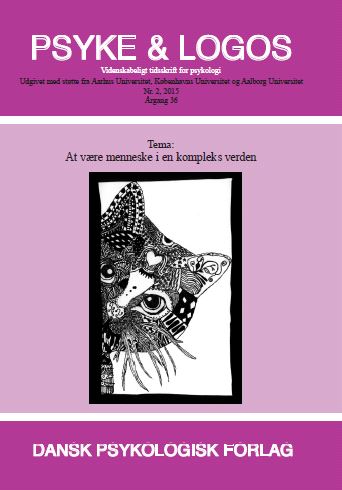Personlighed og jobsucces
DOI:
https://doi.org/10.7146/pl.v36i2.23411Abstract
This article addresses the issue: Can personality tests be used to predict job success? For this purpose, we initially recap the historical person-situation debate that left a fundamental scepticism regarding the existence of personality. Then we illustrate how the personality concept
withstood the criticism and yet again became a relevant research subject. This is done by reviewing a newly gained conceptual consensus via the Five-Factor Model, as well as the consolidation and development of meta-analytic and corrective validity generalisation methods.
To investigate the relationship between personality and job success we subsequently summarise the first two early 1990s meta-analyses in this field. Finally, a perspective is undertaken on the basis of Robert Hogan in relation to collect, interpret, and apply psychometric data in a business context ending up with three conclusions: (1) the generalised relationship between personality and job success is at best moderate; (2) the “successful employee” varies with the situational demands of a given employment; (3) if one wishes for stronger validities for personality tests in the IO-context a carefully prepared job profile is necessary.
Published
How to Cite
Issue
Section
License
Ophavsret er tidsskriftets og forfatternes. Det er gældende praksis, at artikler publiceret i Psyke & Logos, som efterfølgende oversættes til andet sprog, af forfatteren frit kan publiceres i internationale tidsskrifter, dog således at det ved reference fremgår, at den oversatte artikel har et forlæg i en dansksproget version i Psyke & Logos. Artikler kan frit deles og linkes til på forsknings- og undervisningsnetværk (så som Blackboard). Link foretrækkes, fordi det giver oplysning om brug af tidsskriftets artikler.




